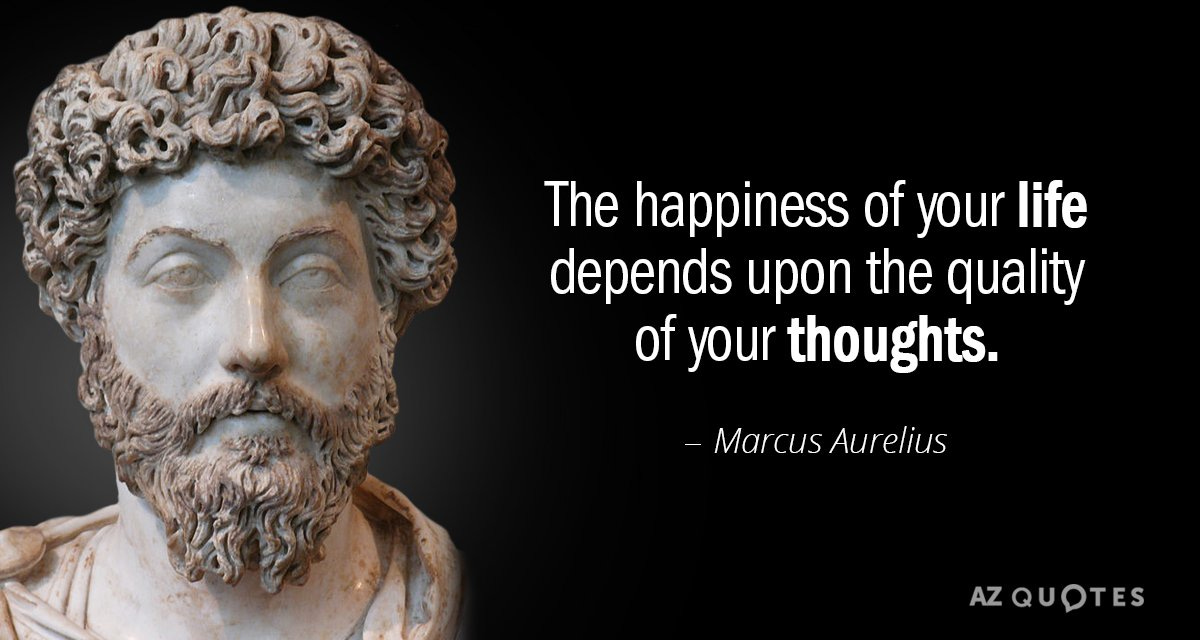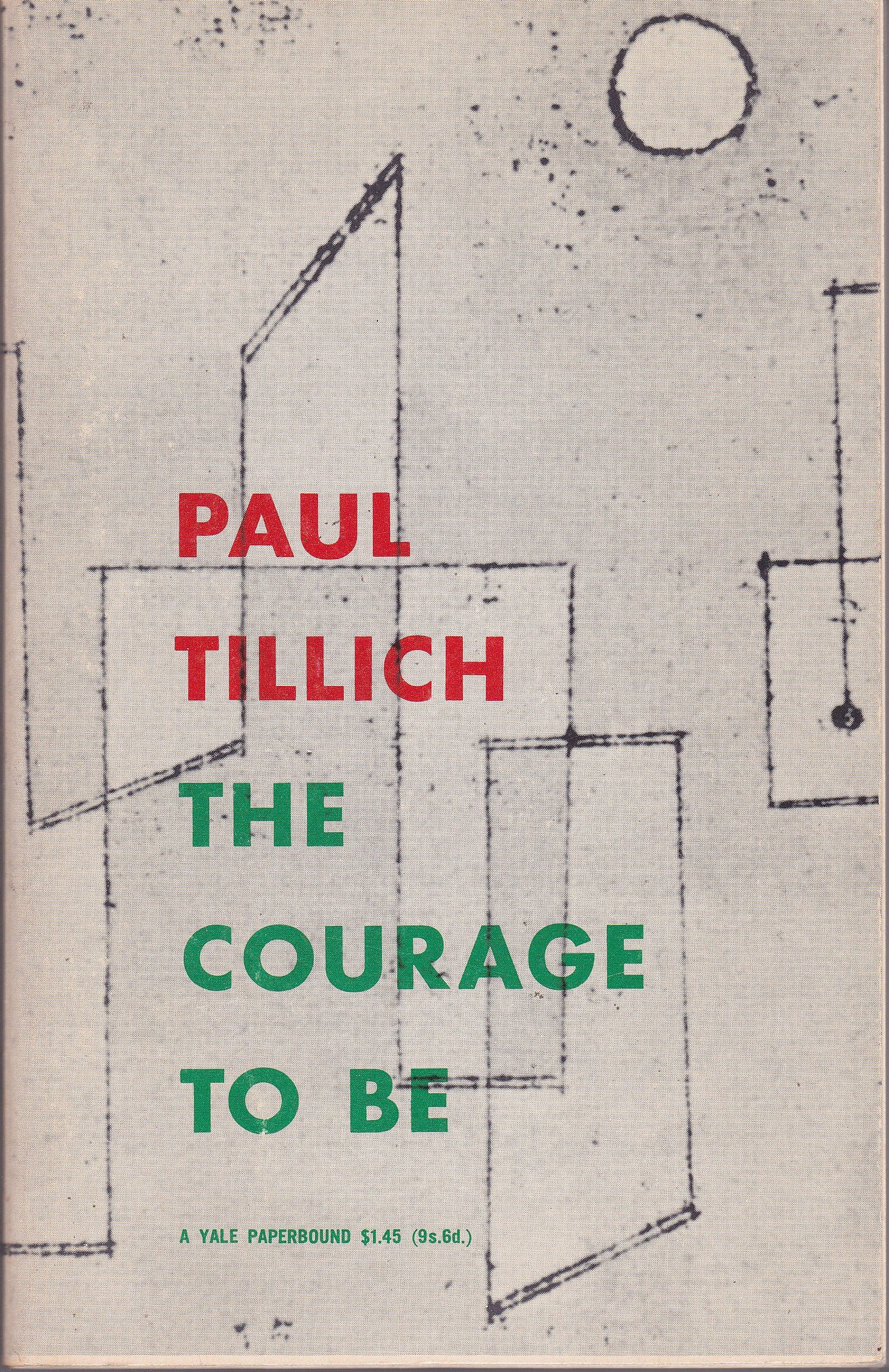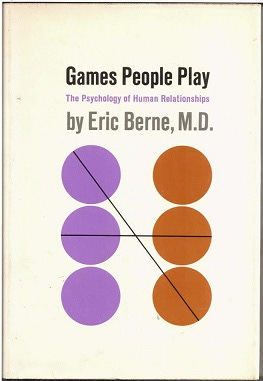Scholar, Help Thyself
My Favorite "High-Brow" Self-Help Books
Recently, there’s been a mini-discourse about self-help books, occasioned by a viral twitter thread about “20 books to read in your 20s.” As you might expect, most the books recommended therein are pretty lousy and people had a lot of fun mocking them. The self-help genre is generally not known for either its literary merit or intellectual depth. But life is hard, and we could all use a little help sometimes, so I decided to compile a few of my favorite “high-brow” self-help books, ones that you can read without feeling shame and maybe even get some benefit from. I’ve found all of these helpful in my own life, so you have my personal guarantee that these work.
Vital Nourishment: Departing from Happiness - Francois Jullien — A big sub-genre in self-help is “wisdom of the East.” Besides being silly and orientalist, it’s usually pretty doubtful whether or not the authors of those books know what they are talking about. Francois Jullien, a French scholar of China, definitely seems to and he explicitly opposes this book-length essay to the “self-help” vision of the “orient:”
Today the philosophy sections of bookstores have been replaced with shelves devoted to an amorphous subject located somewhere between "Health" and "Spirituality." They are filled with books on "breathing," "energetic harmony," the "Dao of sex," ginseng, and soy. It hardly needs saying that this bastardized philosophy vaguely linked to the "East" and proliferating under cover of cloudy mysticism is terrifying. There is, of course, a big difference between the "undividedness" that will guide our inquiry —and whose theoretical consequences I wish to explore —and the troubled waters in which "self-help" propagandists fish for the easy profits to be reaped at the expense of indolent minds. My method is opposed to this, and that is why I cannot refrain from denouncing the guilty ideological conscience that has insidiously taken hold today. It is high time that ideas about breathing, harmony, and feeding be rescued from this pseudophilosophy and coherently integrated into the realm of philosophical reflection.
Fair enough, but I have to say I did find Jullien’s book to provide to be genuinely helpful and to encourage a new outlook on life. While Western philosophy separates the life of the mind from the nutritive care of the body, Julien contends the Chinese tradition makes no such separation:
To divert attention from the generic functions of nutrition and growth and thus to dissociate intellectual activity from organic life in an effort to conceive of man's "essence" and his development is, of course, fraught with consequences. Note, however, that ancient Chinese thought went in exactly the opposite direction: it deliberately turned away from the activity of knowing, which is endless and thus hemorrhagic in terms of energy and vitality, in order to concentrate on man's ability to use and preserve the vital potential vested in him. Take, for example, one of the most profound ancient Chinese thinkers, Zhuangzi, a contemporary of Aristotle's, whose thought I shall be exploring in this book. Consider the opening sentences of his chapter "On the Principle of Vital Nourishment": "Your life has a limit, but knowledge has none. If you use what is limited to pursue what has no limit, you will be in danger [of exhaustion]. If you understand this and still strive for knowledge, you will be in danger.”
You could translate the thesis of the book into vague California jargon: “don’t get too uptight about stuff, go with the flow,” etc. but the philosophical sources and arguments give those clichés a bit more heft and real content. And if you want to know actually want dao means this is a pretty good place to start.
As you might have guessed from the title, Julien identifies striving for happiness as characteristically Western, goal-directed thinking and suggests an alternative:
In place of the Greek preoccupation with telos and finality, Chinese thought emphasized what I have called being in phase, with success measured not by conformity to some aim but rather by the capacity to induce forgetfulness. "A shoe is adequate if it makes us forget the foot. A belt is adequate if it makes us forget the waist. Let adequacy begin and nonadequacy cease and you achieve the adequacy that makes you forget adequacy." Instead of the idea of destination, Zhuangzi offers that of “free evolution" (you), proceeding in comfort, at will, without a designated port and without anxiety over the outcome…Once freed of all impediments, life itself is capable of inducing and inciting, so that the result flows constantly and consequentially to the point of satiety. There is no need to project the result some distance away (necessitating a quest) or to turn it into a fixed finality.
Sounds nice, but I actually think this promotes a healthier approach to life than always having some specific goal or accomplishment in mind: find a process that feels right and go with it; don’t force and fret. According to Jullien, I shouldn’t say this book made me “happier,” but it’s definitely made me less miserable and frustrated, which is pretty good.
The Courage to Be - Paul Tillich — Paul Tillich is a German theologian in the Christian existentialist tradition and, as you might guess from the title, this constitutes a significant “vibe shift” from Jullien’s book. If that book is about going with the flow, Tillich’s is about meeting life’s challenges, particular when they get totally overwhelming and vast—existential, as it were. For Tillich, “courage” is the concept that precedes all others: “The title of this book, The Courage to Be, unites both meanings of the concept of courage, the ethical and the ontological. Courage as a human act, as a matter of valuation, is an ethical concept. Courage as the universal and essential self-affirmation of one's being is an ontological concept. The courage to be is the ethical act in which man affirms his own being in spite of those elements of his existence which conflict with his essential self-affirmation.” So, Tillich’s notion of courage unites the senses of “preserving what and who you are” and “standing up for what you believe.”
According to Tillich, the notion of courage may have originated in the military and the aristocracy, but it evolved to a truer, more universal concept:
As long as the aristocracy was the group which carried arms the aristocratic and the military connotations of courage merged. When the aristocratic tradition disintegrated and courage could be defined as the universal knowledge of what is good and evil, wisdom and courage converged and true courage became distinguished from the soldier's courage. The courage of the dying Socrates was rational-democratic, not heroic- aristocratic.
Tillich tours the history Western philosophy and discovers varying emphases on the meaning of courage that developed in different historical periods. There are three forms of anxiety: the Anxiety of Fate and Death, associated with world of Antiquity, for which the philosophy of Stoicism is the response; the Anxiety of Guilt and Condemnation, associated with the late Medieval period, for which Christian philosophy provides an answer; and the Anxiety of Meaningless and Emptiness, associated with Modernity, which existentialist philosophy addresses. Luckily for us, modern humanity can experience all of these forms of anxiety: we can be worried about death, worried about our moral inadequacy, and worried about the meaningless or emptiness of our lives all at once!
So what should we do? Rely on faith. But Tillich’s has a very strange, and some might say even atheistic notion of faith—in any case, this is certainly not an anthropomorphic God. This “absolute faith” in what he calls an “God above God” or “the ground of Being” is almost kind of mystical experience where we “take the anxiety of non-being into ourselves” and transcend the need to believe in anything greater, but somehow that is the belief in something greater:
Absolute faith, or the state of being grasped by the God beyond God, is not a state which appears beside other states of the mind. It never is something separated and definite, an event which could be isolated and described. It is always a movement in, with, and under other states of the mind. It is the situation on the boundary of man's possibilities. It is this boundary. Therefore it is both the courage of despair and the courage in and above every courage. It is not a place where one can live, it is without the safety of words and concepts, it is without a name, a church, a cult, a theology. But it is moving in the depth of all of them. It is the power of being, in which they participate and of which they are fragmentary expressions.
This might sound very abstract and difficult to follow, but I think something like this experience of “absolute faith” happens when we turn the corner in a particularly dark period in our lives and decide to continue on despite. I think we do sometimes experience something or someone reaching down and grabbing us out of the pit of despair. It’s good to be reminded that there’s something out there, even if it comes out of nothing.
Games People Play - Eric Berne — A big problem in life is other people. Why do they do the annoying stuff they do? And why do they keep doing it even when we yell at them? Or even do it more. Well, this book has an answer. Or, at least, a pretty fun and sometimes useful schematic to understand what’s going on with social interactions, especially ones that feel pathological, repetitive, and stuck.
Berne was trained as a psychoanalyst and his theory of “Transactional Analysis” is based on a tripartite structure of the psyche: every interaction involves communication between either the parent (Super-ego), the adult (Ego), or child (Id) part of the self. Each of these “ego-states” has a type of discourse associated with it: parent-talk, adult-talk, or child-talk. Sometimes circuits get crossed (Berne’s diagrams look literally like circuitry diagrams) and people find themselves unsure of what others want from them in a social situation. For example, we are kidding around and someone responds in a serious tone. We are in a child state, but the person is responding is in the adult state. This is normal and unavoidable human awkwardness. But then there is also a kind of neurotic, manipulative behavior of eliciting reactions and gaining petty advantages that Berne calls “Games.” This isn’t too far from our colloquial sense of the term when we accuse someone of “playing games” or maybe even tell them to “stop fucking around.”
An example of a fairly innocuous, but still pretty annoying game that we’ve all probably encountered is “Yes, but”: Someone comes to us with a problem, we offer a possible solution, and they continually come up with a reason why that can’t work, saying “Yes, but.” According to Berne, they are trying to replay a script from their childhood that both retains their parent’s focus and attention but defies them. Another game is “Schlemiel,” where we suspect someone has accidentally-on purpose spilled or knocked something over at a party just to gain negative attention and then forgiveness. In short, beneath the seemingly normal world of adult interaction a lot of baby nonsense is going on. These games range from the merely annoying to the actually malicious and life-threatening.
While Berne’s conception is extremely schematic and reductive, and his social world is very dated (the book comes from the mid 1960s), but it’s still helpful to have an analytic framework for the feeling of someone is trying to get something out of us. And it can also to help us stop us doing stuff that bothers other people, which I suppose is important, too.
The Inner Citadel: The Meditations of Marcus Aurelius - Pierre Hadot —No bro-ish self-help list is complete without Meditations, the reflections of the Roman Emperor and amateur Stoic philosopher Marcus Aurelius. Most people think Stoicism roughly means “sucking it up,” but it involves a metaphysical picture of the cosmos and man’s place in it, as well as a robust account of the nature of reason and ethical behavior. It also a doctrine born from the specific historical background of antiquity, a world filled with constant, intense terror and calamity: wars, plagues, cities being sacked, families being carted off into slavery etc. Pierre Hadot, with beautiful prose, draws out the philosophical subtext and the historical and biographical context of the Meditations and makes them more useful thereby. Hadot, who influenced Michel Foucault’s late work, points out that for the ancients philosophy was a “way of life,” a “type of spiritual exercise” meant to facilitate a transformation of the self, not lead to abstract knowledge:
For the ancients in general, but particularly for the Stoics and for Marcus Aurelius, philosophy was, above all, a way of life. This is why the Meditations strive, by means of an ever-renewed effort, to describe this way of life and to sketch the model that one must have constantly in view: that of the ideal good man. Ordinary people are content to think in any old way, to act haphazardly, and to undergo grudgingly whatever befalls them. The good man, however, will try, insofar as he is able, to act justly in the service of other people, to accept serenely those events which do not depend on him, and to think with rectitude and veracity.
The Meditations were Marcus Aurelius’s efforts to accomplish this ideal: his sage’s workbook. And as Hadot points out, some of their lasting appeal is providing a model and example of the process of self-reflection itself:
Could we not say that if this book is still so attractive to us, it is because when we read it we get the impression of encountering, not the Stoic system, although Marcus constantly refers to it, but a man of good will, who does not hesitate to criticize and examine himself, who constantly takes up again the task of exhorting and persuading himself, and of finding the words which will help him to live, and to live well? To be sure, these are spiritual exercises, carried out in accordance with a specific method. Yet, in a sense, we are present at them: we catch them in actu, in the very moment in which they are being practiced.
In world literature one finds lots of preachers, lesson-givers, and censors, who moralize to others with complacency, irony, cynicism, or bitterness; but it is extremely rare to find a person training himself to live and to think like a human being
I have to confess that I don’t fully understand the Stoic cosmology or model of the soul that Hadot articulates, but I still find some of the passages to be quite beautiful and in themselves comforting or edifying:
Stoicism is a philosophy of self-coherence, based upon a remarkable intuition of the essence of life. From the very first moment of its existence, every living being is instinctively attuned to itself; that is, it tends to preserve itself, to love its own existence, and to love all that can preserve this existence. This instinctive accord becomes a moral accord with oneself, as soon as man discovers by means of his reason that the supreme value is not those things which are the objects of this instinct for self-preservation, but the reflective choice of accord with oneself, and the activity of choice itself. This is because voluntary accord with oneself coincides with the tendencies of universal Reason, which not only makes each living being into a being in accord with itself, but makes the entire world as well a being in accord with itself.
In the words of Marcus Aurelius (IV, 23) : All that is in accord with you is in accord with me, 0 World






This was great. Thanks! I just became a paying subscriber on the basis of this post (although I've been reading your freebies for a while), because I've never seen anyone else reference Games People Play! This was a favorite book of my mother's when I was growing up; she was always up for a spot of transactional analysis during dinner.
I also really enjoy The Meditations. Something very helpful to me that the greatest man in the world of his time still sometimes had to talk himself into getting out of bed in the morning.
I've ordered a copy of Vital Nourishment (will probably try the Courage one too, but need to pace myself!) It looks fascinating. Thanks for the recommendations! And thanks for all the writing. I really enjoy it - as well as the pod you and Jamelle Bouie are doing. Great work. Cheers!
Thanks for the recommendations, I ordered a copy of Vital Nourishment!
I think you might vibe with Camus's Myth of Sisyphus as well. The subject of the book is precisely about "when we turn the corner in a particularly dark period in our lives and decide to continue on despite". Camus believes faith is not necessary to do this, and he includes a blistering critique of Christian existentialism.